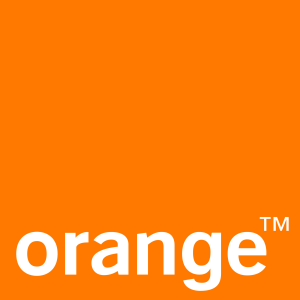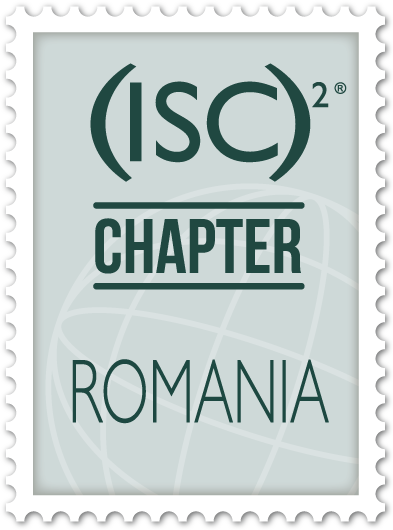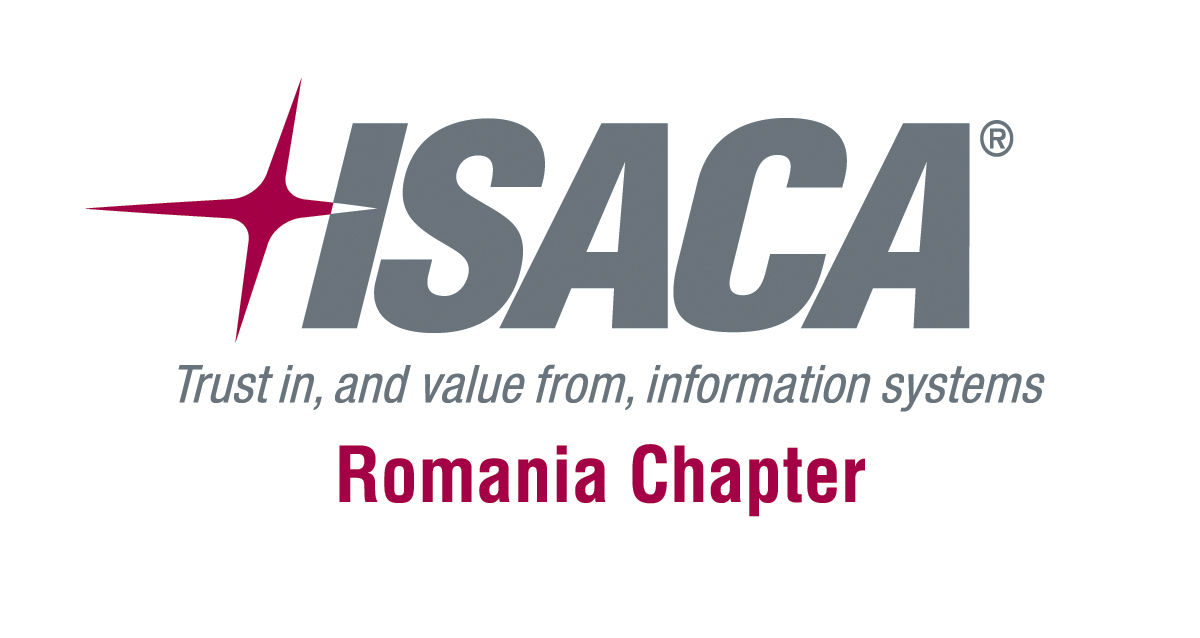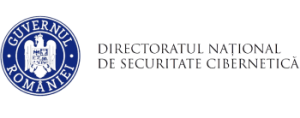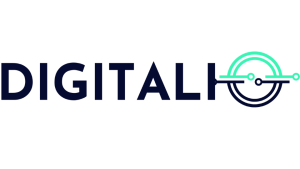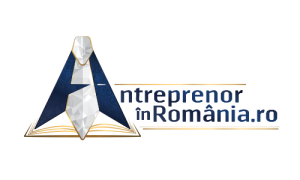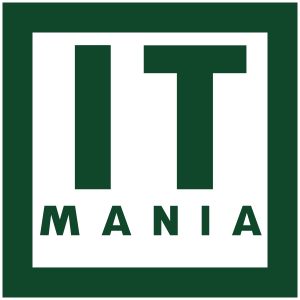Radu Tudorica
Security Researcher Bitdefender
BIOGRAPHY
In his 4 years working as a security researcher for Bitdefender’s Cyber Threat Intelligence Labs, Radu Tudorică has proven he has a knack for tinkering with different types of technologies. His research is mainly focused on cloud security and malware reverse engineering, with the goal of better protecting Bitdefender’s customers against both well-known attacks and cutting-edge methodologies.
Abusing GCPW for lateral movement from local to cloud
GCPW (Google Credential Provider for Windows) is a product from Google that helps enterprises better manage their employees’ computers and allows for seamless integration to Google Workspace.
When installed on a computer and configured to integrate with the company’s Google Workspace, it can be used to let users login using their GWS accounts (so that security policies such as 2FA enforcement are also used for local Windows logins) and it can also be used to deploy MDM (mobile device management) policies to better remotely administrate workstations.
Based on our research, the seamless integration features of GCPW can be abused by attackers to move laterally from a local computer to the company’s cloud infrastructure and potentially be used to infect all company devices that are using GCPW.
When logging into a local account administrated by GCPW, the user follows one of two authentication flows: the first one is an integrated browser page that’s presenting the user with an usual Google login screen; the second one is a normal login screen with a password prompt, it occurs when the login session hasn’t expired yet.
The first login flow, creates a login session with Google and generates an Oauth2 refresh token that has been put temporarily in a registry and encrypted using Windows’s DPAPI. It can be accessed and decrypted by any process running in the user’s context.
This refresh token is for Chrome’s Oauth2 app and it can be used to derive access tokens (with a lot of privileges) that can be used with Google’s APIs with the same level of access as the victim (making it possible to read emails, files and even perform some GWS administrative operations).
The first login flow also adds the user’s password into LSA’s secrets storage in an encrypted form. The decryption key is stored by Google, but it can be obtained through an API call to an undocumented service, for which the refresh token previously acquired can be used. This means that if an attacker gains SYSTEM level privileges and can steal a refresh token, the attacker could now get the credentials for the Google account of the user.
To obtain the refresh token, an attacker would have two options: the first one would be to delete the token handle found in the registry (requires Administrator privileges), then force the user to logout and get the refresh token after the user logs back in; the second one would be to extract the refresh token from the user’s Chrome profile.
GCPW can also be used as an offensive tool by an attacker if the company has deployed it with its MDM features enabled. If the attacker gains access to an administrative account, then they could put a DownloadInstall MDM task to compromise all company devices with GCPW installed (and gaining SYSTEM level privileges for all devices).
The study and understanding of cloud security is crucial and companies that integrate cloud platforms within their workflows must make sure that those integrations are not affecting their security posture.
Are you the next cyber security superstar?
If you are passionate about an information security topic or you have strong technical skills developing researches on your own, you should definitely Apply at Call for Papers. By submitting you will have the chance to showcase your work to +2000 attendees.
Other speakers joining this year
Matei Badanoiu
Hacker Deloitte
George-Andrei Iosif
Software Security Engineer Canonical
Andrei Cotaie
Technical Lead, Security Operations UiPath
Ready for this year's presentations?
By registering you will unlock access to 60+ speakers and two full days with cyber security news & showcases from worldwide leaders.
COMPETITIONS
Sponsors & Partners
They help us make this conference possible.
POWERED BY
Orange Romania is part of the Orange Group, one of the largest global telecommunications operators that connects hundreds of millions of customers worldwide. With over 11 million local customers and an annual turnover exceeding 1.5 billion euros, Orange Romania connects 1 in 2 Romanians and offers an extensive range of communication solutions for both individual and corporate customers, from basic connectivity services to complete mobile, fixed internet, TV packages, and complex IT&C solutions through Orange Business.
Orange Romania is the number 1 operator in terms of network performance, and also holds nine consecutive Top Employer certifications, which confirm that Orange Romania, in addition to the remarkable products and services it offers, pays special attention to its employees and working environment. In the past 3 years Orange has launched two 5G Labs in Bucharest and Iasi, that aim to support researchers, startups and companies to test their 5G solutions in advance.
In addition, Orange is a long-term supporter of the startup ecosystem through the Orange Fab accelerator program designed to support entrepreneurs in the development of innovative products and their distribution locally and internationally.
